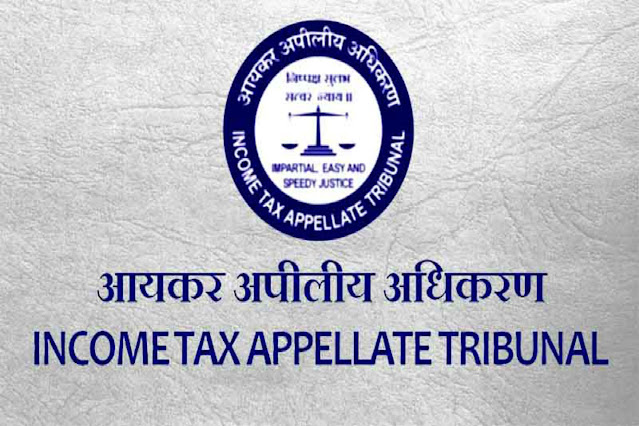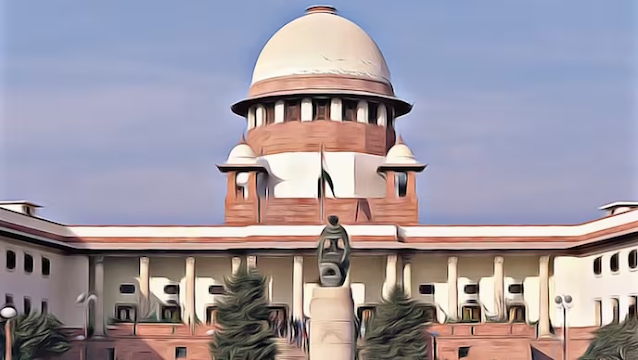@JUDGMENTTAG-ORDER
P.D. Dinakaran, J.@mdashThe petitioner seeks to issue a writ of certiorari calling for the records connected with the order issued in C.P. No. 5 of 1991, dated August 9, 1991 and to quash the same.
2. In brief, the order of dismissal dated November 11, 1987 passed by the first respondent-management was ultimately set aside by the second respondent-Labour Court by its order dated April 28, 1989 in L.D. No. 9 of 1988 and the same was subsequently confirmed by this Court.
3. The petitioner, thereafter, filed a claim petition in C.P. No. 5 of 1991 before the first respondent claiming the salary for the period from February 9, 1987 to November 10, 1987 which period is prior to the order of dismissal dated November 11, 1987 and also claimed bonus for the years 1987-88, 1988-89 and 1989-90, The Labour Court, by the order dated August 9, 1991, which is impugned in this writ petition, rejected both the claims. Hence, the above writ petition.
4. Mr. R. Ganesan, learned counsel for the petitioner, in view of the admitted fact that the period from February 8, 1987 to November 10, 1987 is prior to the date of dismissal dated November 11, 1987, fairly concedes that the petitioner has no independent right to claim the salary for the said period, without raising any industrial dispute. However, with regard to the other claim, i.e., bonus, he strongly places reliance on the decision of this Court in Vellore Electricity System v. K. Palani (1972) I LLJ 15 , which view is confirmed by the decision of the Division Bench of this Court dated October 3, 1989 in The North Arcot District Co-operative Supply and Marketing Society Ltd., Vellore v. The Presiding Officer, Labour Court, W.P. No. 10310 of 1982 and contends that the petitioner is entitled to claim bonus for the years 1987-88, 1988-89 and 1989-90.
5. Mr. Kalifullah, learned counsel for the first respondent- management is not disputing the principles laid down in the above decisions.
6. In this regard, I am obliged to refer to the decision in Vellore Electricity System v. K. Palani, (supra) wherein the Court has held as follows:
"Section 8 speaks of an employee working in the establishment for not less than thirty working days in that year to make him eligible for bonus. When an employee, for no fault of his and involuntarily is prevented from working in the establishment for the prescribed number of days, does it axiomotically follow that he is ineligible for bonus? The contribution of physical labour or otherwise by an employee in the interests of the industry and for the benefit of the employer, which is reflected in the phrase "work, in the establishment", postulates a normal atmosphere wherein there is no strike or misgiving between the employer and the employee during the year. In the absence of such normalcy, to wit, when an employee is illegally dismissed, it cannot be said that such an employee "did not work in the establishment" as is normally understood. "Worked" in Section 8 of the Act, having regard to the historic background already referred to, should mean "ready and willing to work". Such working should not be understood with reference to the dictionary meaning of the word and the eligibility understood in the abstract. "Bonus" itself being a payment made by an employer to an employee to maintain industrial harmony and to give fillip to the employees to exert their utmost to keep the industry active and aloft, such involuntary stepping down from work by an employee cannot be termed or equated to non-working of the employee in the establishment. The causa causens for such a state of affair is the illegal dismissal order of the employer. But for the dismissal, he would have worked; but for the dismissal, normal circumstances would have prevailed. It is only in the wake of such a clear, undisturbed and normal atmosphere that the formula of eligibility prescribed in Section 8 has to be worked and understood. In this sense, if everything was normal, the workers, to sustain a case for bonus or to be eligible for it, should have worked in the establishment for not less than thirty working days in that year. But in abnormal circumstances wherein he is prevented from working by an overt act on the part of the employer which is ultimately branded as an illegal act by a competent Court, then the reasonable inference is that the employee''s statutory eligibility for bonus within the meaning of Section 8 cannot be said to have been lost. Nor can the employer refuse to accede to a demand for such bonus if it is otherwise payable under the provisions of the Act.
The point of controversy is also covered by authority in Balasundara Mudaliar v. Ellappa Mudaliar, 1957 1 M.L.J. 7, KRISHNASWAMY NAIDU, J. said, "where a termination of services cannot be supported, and the termination being wrongful, the employee must be deemed to continue in service."
In
7. The ratio laid down in the above decision is affirmed by the decision of the Division Bench of this Court in The North Arcot District Co-operative Supply and Marketing Society Ltd., Vellore v. The Presiding Officer, Labour Court and Anr., W.P. No. 10310of 1982, October 3, 1989, wherein it has been held thus:
"It is the contention of the society that the words salary or wage earned by the employee are quite significant. According to learned counsel, in this case it cannot be said that the second respondent had earned his salary or wages during the relevant time.
We do not agree with the above contention-It is the society which passed an order of suspension against the second respondent. The society had not sent any communication to the second respondent in spite of his letter in October, 1964 that he was ready to join duty and he may be permitted to do so. Having prevented the second respondent from joining duty, it is not open to the society to say that he did not earn his salary or wages. Similar question arose in Superintending Engineer, Vellore Electricity System v. K. Palani and Ors. (supra). Justice RAMAPRASADA RAO considered the wording of Sections 8, 13 and 14 in which the term used was worked. The learned Judge held that "worked" occurring in the Section should mean "ready and willing to work". The learned Judge observed that ''Bonus'' itself being payment made by an employer to an employee to maintain industrial harmony and to give a fillip to the employees to exert their utmost to keep up the industry active and aloft, such involuntary stepping down from work by an employee cannot be termed or equated to non-working of the employee in the establishment. In this case, the society having sent a suspension order and prevented the second respondent from working cannot claim that he is not entitled to bonus as he has not earned his wages."
8. In view of the above ratio laid down by this Court, the impugned order dated August 9, 1991 made in C.P. No. 5 of 1991 is liable to be set aside so far as the refusal of bonus to the petitioner for the years 1987-88, 1988-89 and 1989-90 is concerned and is sustained with regard to the rejection of the claim of salary for the period from February 9, 1987 to November 10, 1987 is concerned.
9. The writ petition is partly allowed, however with no orders as to costs.

